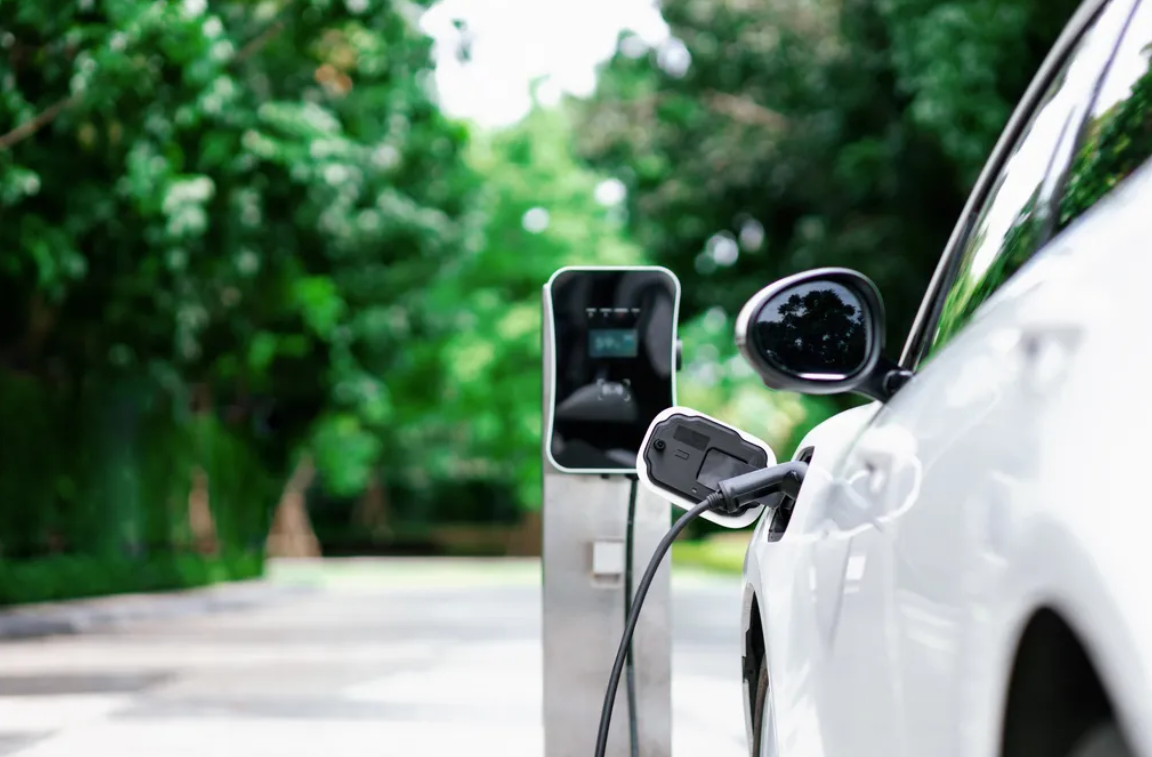Harnessing the Tax Credit ‘Loophole’: Leasing an Electric Vehicle
Electric vehicles (EVs) have gained significant popularity in recent years, offering an environmentally friendly and energy-efficient mode of transportation. While the initial purchase price of an EV can be higher than that of a traditional gasoline-powered vehicle, there’s a tax credit ‘loophole’ that can make leasing an EV a financially appealing option. In this article, we will explore the tax credit available for leasing EVs and how consumers can take advantage of this opportunity to embrace greener, more sustainable transportation.
The Federal Tax Credit for Electric Vehicles
The federal government offers a tax credit for electric vehicles as part of its efforts to promote eco-friendly transportation and reduce greenhouse gas emissions. The tax credit is designed to incentivize consumers to adopt EVs and plays a crucial role in making electric vehicles more accessible.
Tax Credit Amount: The tax credit amount varies depending on the battery capacity of the electric vehicle. Generally, the credit ranges from $2,500 to $7,500. Electric cars with larger battery capacities typically qualify for the higher end of the credit.
Phase-Out Period: It’s essential to be aware that the tax credit is subject to a phase-out period for each manufacturer. Once a manufacturer reaches 200,000 qualified electric vehicle sales, the tax credit begins to phase out. However, the full credit remains in place for at least the current and following calendar quarter after the phase-out threshold is met. The phase-out allows a gradual reduction in the credit amount, providing an extended period for consumers to benefit.
Eligibility: To be eligible for the federal tax credit, the electric vehicle must be new, purchased for personal use, and have a battery with a minimum capacity of 4 kWh. Additionally, consumers must owe federal income taxes to claim the credit fully. If your tax liability is less than the credit amount, you can still claim a partial credit.
Leasing an Electric Vehicle and the Tax Credit ‘Loophole’
When you lease an electric vehicle, you might not be the vehicle’s owner, but you can still benefit from the federal tax credit. The tax credit is typically assigned to the leasing company, which can then factor it into the lease, reducing your monthly payments. Here’s how the tax credit ‘loophole’ works when leasing an electric vehicle:
Lower Monthly Payments: Leasing an electric vehicle with the tax credit applied can significantly reduce your monthly lease payments. The tax credit essentially serves as a financial incentive from the government, making EVs more affordable during the lease term.
Immediate Savings: Unlike purchasing an electric vehicle, where you must wait until you file your taxes to receive the credit, leasing an EV with the credit applied offers immediate savings. You enjoy lower payments right from the start.
Manufacturer Incentives: Some automakers and dealerships may offer additional incentives or discounts when leasing an electric vehicle, further enhancing the cost savings.
No Worry About Depreciation: Leasing an electric vehicle means you won’t have to be concerned about its depreciation value. When the lease term ends, you can return the vehicle and consider upgrading to a newer model.
Making the Most of the Tax Credit ‘Loophole’
To maximize the benefits of the tax credit ‘loophole’ when leasing an electric vehicle, consider the following:
Research Available EVs: Explore the electric vehicles available in your area and determine which one best suits your needs. Pay attention to the battery capacity, as it impacts the tax credit amount.
Negotiate the Lease: Just as with any vehicle lease, it’s essential to negotiate the terms with the leasing company. Discuss how the tax credit will be applied to your lease, as this can influence your monthly payments.
Understand the Phase-Out: Be aware of the phase-out period for the tax credit, especially if you’re considering a vehicle from a manufacturer that has reached the threshold. You may still qualify for the credit, but its amount could be reduced.
Explore State Incentives: In addition to the federal tax credit, many states offer their own incentives and rebates for electric vehicle leases. Research your state’s policies to see if you can further reduce your lease costs.
Leasing an electric vehicle is a financially attractive option, particularly when you consider the tax credit ‘loophole’ that makes EVs more accessible to a wider range of consumers. The federal tax credit not only lowers your monthly payments but also supports the transition to cleaner and more sustainable transportation. As the electric vehicle market continues to grow, leasing an EV can be a smart choice, both for your wallet and for the environment. So, if you’ve been contemplating making the switch to an electric vehicle, now is an excellent time to explore leasing options and take full advantage of the tax credit ‘loophole’.
Maybe you will like:
Share this content:



